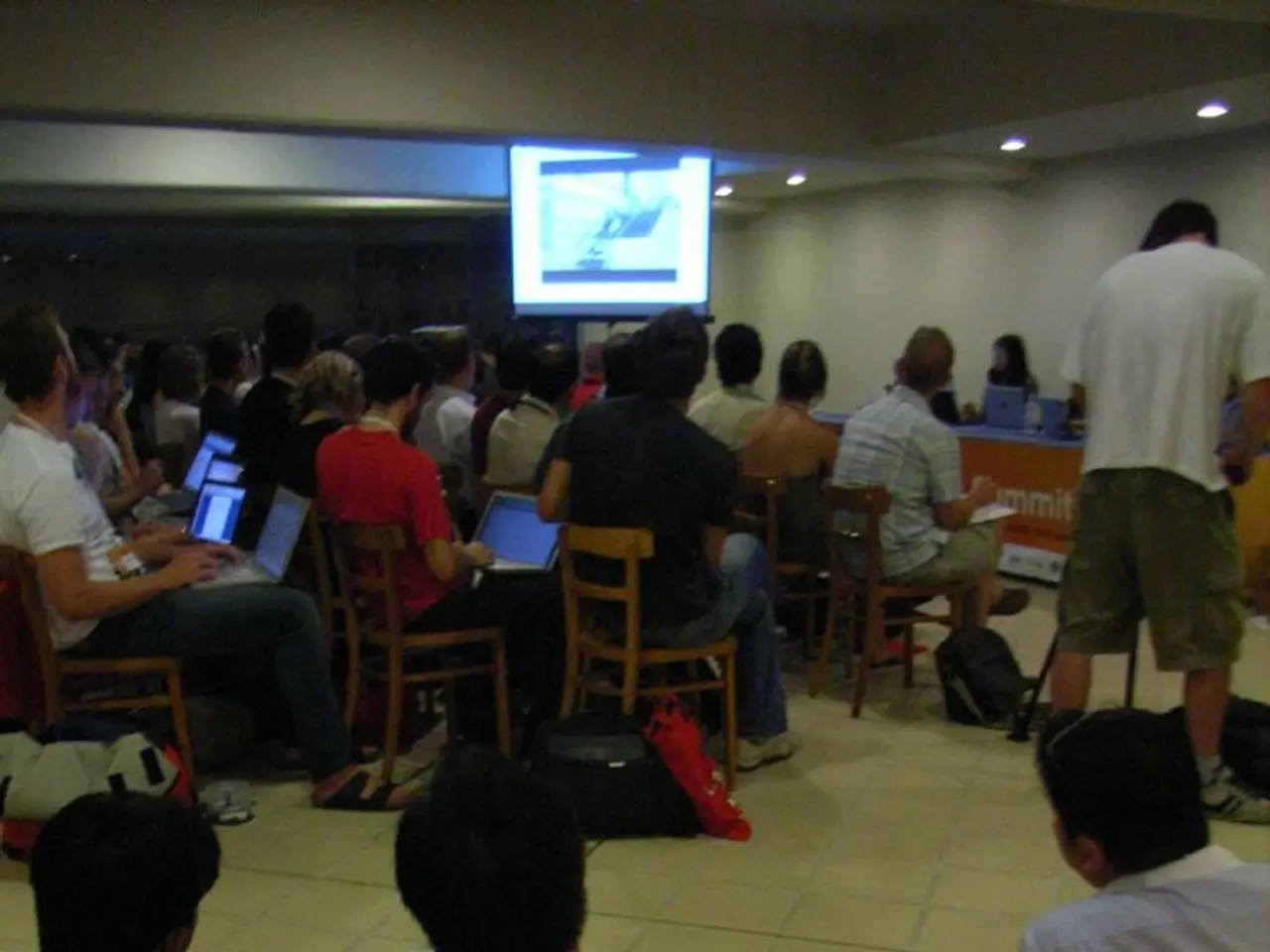Cybersecurity training program initiates in collaboration with Israel
Thailand and Israel Strengthen Cybersecurity Ties with Landmark Workshop
Bangkok, Thailand - Over 200 cybersecurity professionals from both the public and private sectors are participating in a three-day workshop at the Carlton Hotel in Bangkok. This event, known as the Thailand-Israel Cybersecurity Workshop, marks the largest government-to-government cybersecurity workshop between the two nations.
Organised by Thailand's National Cyber Security Agency (NCSA) and the Israeli embassy in Bangkok, the workshop stems from a Memorandum of Understanding (MoU) signed between the NCSA and Israel's National Cyber Directorate (INCD). This MoU promotes bilateral cooperation in cybersecurity through training, information sharing, and capacity building.
The aim of the workshop is to enhance cooperation between Thailand and Israel in the field of cybersecurity by sharing expertise, strengthening capabilities, and fostering mutual trust. The scope includes training participants on cyber threat awareness, prevention, and response strategies tailored to both countries' cybersecurity landscapes.
Key focus areas typically involve cyber threat identification and mitigation, employee cybersecurity awareness and training, best practices in data protection and incident management, and developing secure digital infrastructure and adherence to international cybersecurity standards.
The workshop also serves as a platform for future collaborations such as continued joint cybersecurity training programs and knowledge exchanges, development of rapid response teams for cyber incidents, expanding bilateral cooperation on emerging cyber risks and defense technologies, and potential joint initiatives to improve regional cyber resilience and digital infrastructure security.
Israeli cybersecurity experts are leading the sessions at the workshop, sharing their extensive experience in defending against cyberattacks. The Israeli Ambassador to Thailand, Orna Sagiv, emphasised Israel's longstanding experience in this area, stating that "cyber threats know no borders, and Thailand is no exception."
The ambassador reiterated that the platform for the Thailand-Israel Cybersecurity Workshop is a proof that both nations view cybersecurity as a shared challenge. She also highlighted the need for global collaboration in cybersecurity, noting that "cyber threats know no borders, and Thailand is no exception."
In a significant move, the Israeli embassy plans to take around 40 Thai chief information security officers (CISOs) to Israel in December for a specialized seminar. This seminar is part of the Cyber Week 2025 event at Tel Aviv University, providing further opportunities for Thai cybersecurity professionals to learn and collaborate with Israeli experts.
Projects under both the cybersecurity and innovation MoUs could be integrated, as many initiatives are interconnected. The ambassador highlighted the commitment of both nations to taking the collaboration forward in cybersecurity, stating that they are working closely with the NCSA to turn every new idea into an opportunity.
For more detailed official documentation on the Thailand-Israel workshop, it may be worth consulting government or cybersecurity institutional announcements from either country. The existing MoU between the Israel Innovation Authority (IIA) and Thailand's National Innovation Agency (NIA), signed in July 2018, is another testament to the strong bilateral relationship between the two nations.
[1] Cybersecurity Training Courses and Advisory Services in Asia [2] Regional Cybersecurity Partnerships and Collaborations [3] Joint Strategic Planning in Cybersecurity
- The Thailand-Israel Cybersecurity Workshop, a government-to-government initiative, underscores the importance of technology in enhancing cybersecurity, as both nations work towards strengthening their digital defense structures.
- The collaboration between Thailand's National Cyber Security Agency (NCSA) and Israel's National Cyber Directorate (INCD) encompasses training, information sharing, and capacity building, demonstrating the role of technology in fostering international cybersecurity partnerships.




